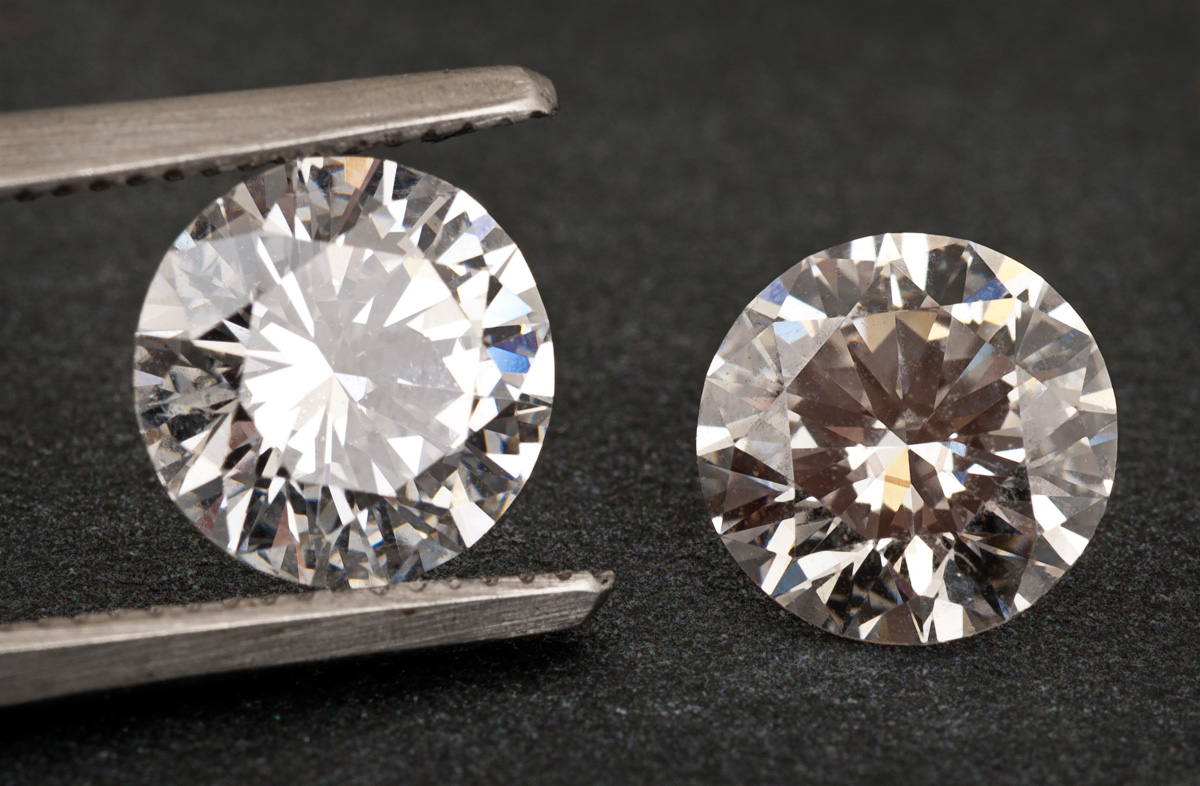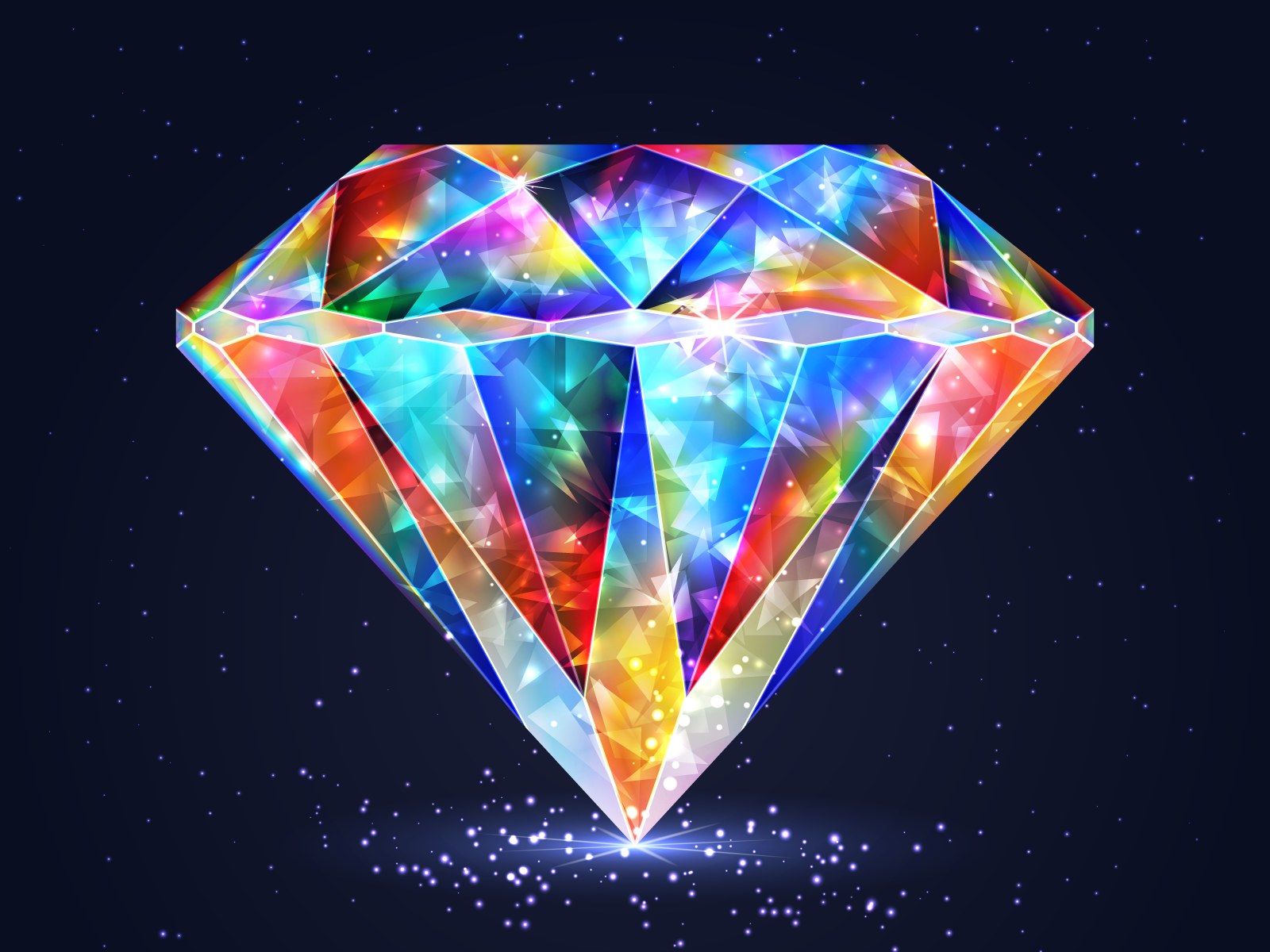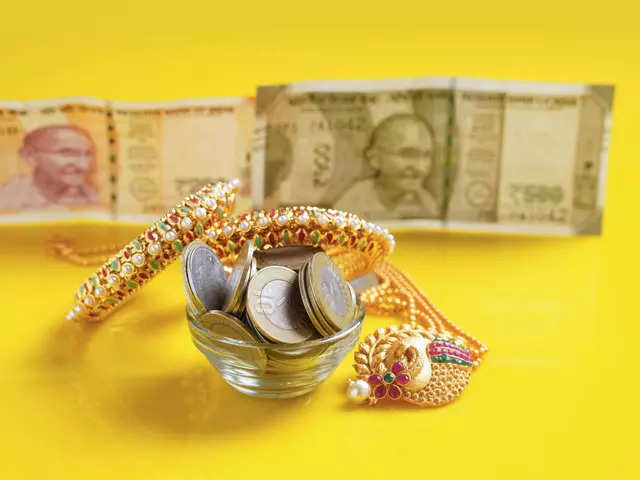Table of Contents
Introduction
When you mined diamonds are not rare, what comes to mind? Glitz, glamour, and, most importantly, rarity, right? The idea that mined diamonds are rare has been a powerful narrative, but let’s dive deeper into the truth. Spoiler alert: mined diamonds are not as rare as you might think.
Understanding Diamonds
What Are Mined Diamonds?
Mined diamonds are those sparkling stones that come straight from the earth, formed over billions of years under high pressure and temperature. They’re often portrayed as precious gems, but what does that really mean?
The Formation of Diamonds
Diamonds are formed from carbon atoms that crystallize deep within the Earth’s mantle. It’s a natural process that takes an incredible amount of time—millions of years, in fact. But just because they take a while to form doesn’t mean they’re rare.
The Myth of Rarity
Historical Context
The perception of diamonds as rare began in the 19th century, particularly after the discovery of large diamond deposits in South Africa. The De Beers company, recognizing an opportunity, cleverly marketed diamonds as symbols of wealth and love.
The Role of Marketing
Through iconic campaigns like “A Diamond is Forever,” they created an illusion of scarcity that persists today. They controlled the supply, which kept prices high and maintained the myth of rarity. It’s marketing genius, but it doesn’t reflect reality.
Supply vs. Demand
Let’s talk numbers. Diamonds may be marketed as rare, but the truth is that the supply far exceeds what we perceive. With advancements in mining technology and the discovery of new sites, the availability of mined diamonds has surged, while demand remains relatively stable.
The Reality of Diamond Mining
Global Production Statistics
Did you know that about 147 million carats of diamonds were produced worldwide in 2021 alone? That’s a staggering number, man made diamonds, especially when you consider that each carat represents a significant amount of material.
Leading Diamond-Producing Countries
Countries like Russia, Botswana, and Canada are at the forefront of diamond production. These nations contribute significantly to the global supply, further debunking the myth of rarity.
Environmental Impact
While we’re at it, it’s important to note that diamond mining isn’t without its consequences. The environmental impact of extracting these gems can be severe, affecting ecosystems and local communities.
Alternatives to Mined Diamonds
Synthetic Diamonds
Enter synthetic diamonds. These lab-grown gems are created through processes that mimic natural formation, and they boast the same physical and chemical properties as mined diamonds.
Comparison with Mined Diamonds
Synthetic diamonds are often more affordable and eco-friendly. Plus, they’ve been gaining popularity among younger generations who are more conscious of their purchasing choices.
Lab-Grown Diamonds: The Future
The future is looking bright for lab-grown diamonds. As technology advances, these gems are becoming more accessible, challenging the traditional diamond market and the notion of rarity.
Economic Implications
Price Fluctuations
The price of diamonds has seen significant fluctuations over the years. As supply increases and consumer perceptions shift, we can expect to see further changes in the market.
Investment Value
Many people still view diamonds as a solid investment, but with the rise of alternatives, this perspective may shift. Understanding the market dynamics is crucial for anyone considering diamond purchases.
Conclusion
So, there you have it: mined diamonds are not the rare treasures they’ve been portrayed to be. With a wealth of information at our fingertips, it’s time to reconsider the myths we’ve been fed. The diamond industry is changing, and so should our perceptions. Whether you choose mined or lab-grown diamonds, remember that their true value lies not in their rarity, but in their beauty and significance to you.
This exploration of mined diamonds aims to shed light on a topic often clouded by misconceptions. So next time you see a diamond, think about the story behind it—and whether it’s as rare as you once believed!






